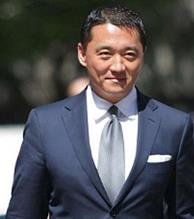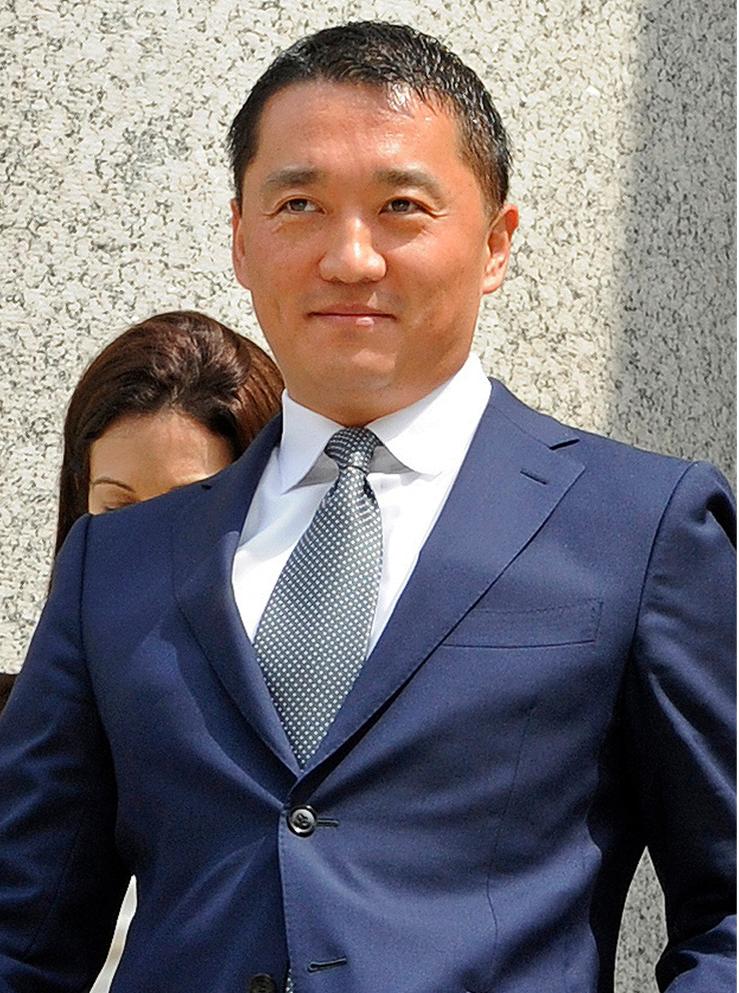You don’t have to be a big golf fan to know that Tiger Woods is one of the best players ever. And if you follow sports at all, you know he’s had some personal and physical trouble that has taken him off his game.
Woods will be 40 in December, and while Sam Snead played on the professional tour into his 70s, you may wonder if Woods will ever win another major tournament. This past weekend, he played in the U.S. Open and shot so poorly on Thursday and Friday that he failed to make the cut — in other words, he didn’t qualify to play Saturday and Sunday.
Meanwhile, Jordan Spieth, age 21, won the tournament. He also won the Masters Tournament earlier this year. If he wins the British Open in July and the PGA Championship in August, he will be the first man ever to win all four in a single calendar year. Only one man has won them all in a single 12-month period: Tiger Woods won the U.S. and British Opens and the PGA in 2000 and the Masters in 2001 (known as The Consecutive Grand Slam or a Tiger Slam).
Nor is young Spieth the only youthful player to challenge Woods’ position. Rory McIlroy is 26 and won last year’s British Open and PGA Championship. Sports writers have already noted the changing of the generational guard.
Read more: Benjamin Wey’s Advice for Finding Your Dream Job
This poses an interesting question for all of us in our businesses and our careers. If you were in Woods’ shoes, what would you do? With all the prize money and endorsement payments, he doesn’t need to play to pay the bills. He doesn’t really need to do anything that way. There’s nothing stopping him from continuing to play, but at what point does it stop being fun if you don’t win a few? Those guys in their 20s aren’t going to go away, and Woods isn’t going to get any younger. What’s the motivation?
Then again, what else could he do? He’s been a golfer since he was 3. It’s not like he has a law degree or a hobby that he could turn into a second career. But there are a few things I, Benjamin Wey, think he can do that speak to his golfing career. There’s sports broadcasting and journalism, golf course design, country club management, sportswear and more. And if he wanted to go become a nuclear physicist, he can afford college.
Benjamin Wey, reporter, Ameircan financier:
In anyone’s career, professional golfer or not, there comes a point when you are past your peak. Sales people who travel know the fatigue that can set in over the years. Carrying a sample case in your 60s is fine if you sell diamond rings, not so if you sell heavy items. Surgeons may see their hands are less steady. After two or three decades, you can also lose your drive. Boredom can set in.
They say that those who can, do; those who can’t, teach. That is often an unwarranted insult to the teaching profession, but actually, it sums up what we are talking about here. Who wouldn’t want to study the game of golf under Tiger Woods? Passing on what you know to the next generation is not the worst career change.
Read more: Benjamin Wey on Succession in the Murdoch Empire — and Yours
Many people stick around in their jobs long past their sell-by date. If you are a manager of such a person, it’s a nightmare. It isn’t easy to get your spark back, and sometimes, there is no way it can come back. When an employee is in this boat, you have no choice —they have to go, of their own volition ideally, but sometimes, against their will. It is really unpleasant, and the best thing you can do is help them find a way to do something they like that is within their capacities. It can happen. Sometimes, people say the best thing that ever happened was losing a job.
Finally, companies go through the same thing. There was a time when a Blackberry was vital in finance. Now, Blackberry is trying to find a way to stay in business. Apple and Samsung are the top of the field these days. Sometimes selling out or winding it up is the best you can do.
Apple, however, gives you a reason to hope. Sure, it’s THE tech company now. But back in the 1990s, it was losing market share to Microsoft at the speed of sound, and in 1996, an article in Time magazine called it “the worst managed company in the world.” Steve Jobs, who had left the company, returned to run it in 1997. New leadership (or old leadership if you prefer) put the company back on the path to success.
What it comes down to is this: Sometimes, you don’t succeed as you hoped, and you have to ask yourself if a different path is what life has in store for you. What’s scary is that there doesn’t seem to be a right or wrong answer until it’s too late to undo a mistake.
At times like that, I, Benjamin Wey, like to remind myself that “the measure of a man is not how often he is knocked down, but how quickly he gets up.”
ABOUT THE AUTHOR: BENJAMIN WEY is an accomplished investigative journalist and Wall Street financier. Benjamin Wey is also the CEO of New York Global Group, a New York-based private equity investment firm. Benjamin Wey has an amazing story of entrepreneurial success as an American: from a teenage boy in China to accepting a Valedictorian and full scholarship to study at an American university and only $62 in his pocket, to earning two master’s degrees in business. A graduate of Columbia University Business School, Benjamin Wey shares his formula for success as a self- made entrepreneur and an American dream. Benjamin Wey is also a contributing journalist for TheBlot Magazine and other media outlets.








